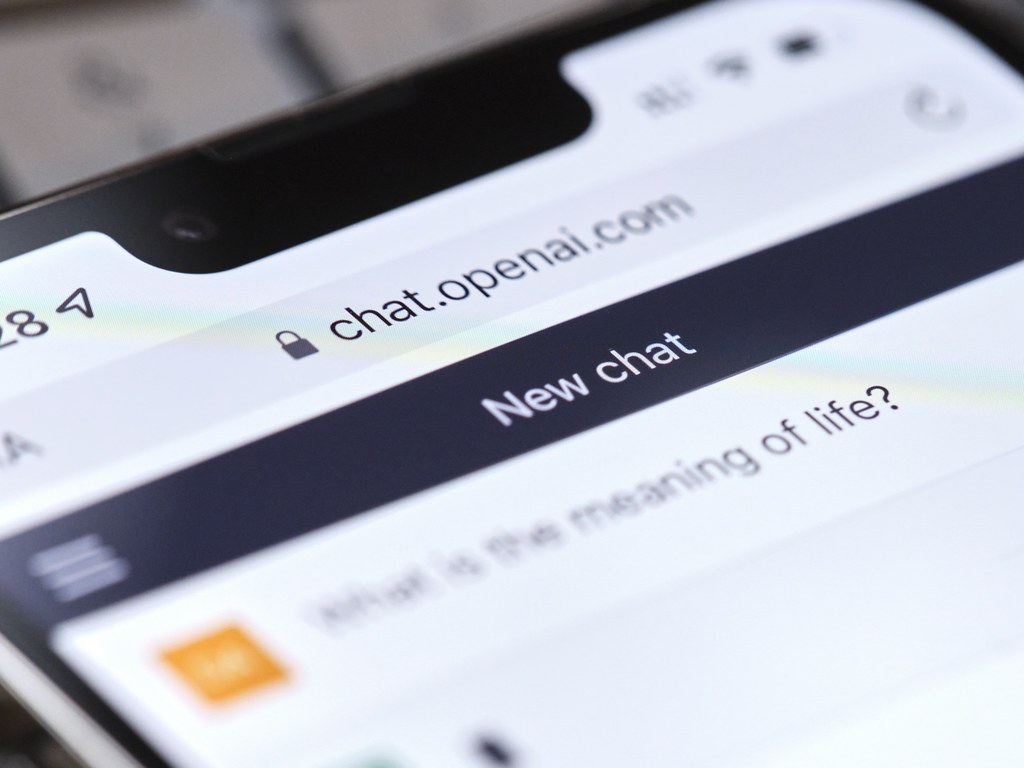The establishment of a new safety and security committee led by top executives was announced by OpenAI, following the dismantling of the previous board in mid-May.
The emerging artificial intelligence company explained that the new committee is tasked with providing guidance to the board on crucial safety and security decisions for its projects and operations.
OpenAI also announced the commencement of training a new artificial intelligence model that could replace the GPT-4 technology used in the ChatGPT chatbot.
The company indicated in its blog post that it expects to enhance and elevate the capabilities of its resulting systems to a higher level in its path towards achieving comprehensive artificial intelligence that surpasses human intelligence.
The new model is expected to drive artificial intelligence products, including conversational robots, digital assistants like Apple’s Siri, search engines, and image generators.
The new oversight team was formed after replacing the previous OpenAI team that focused on assessing long-term risks of artificial intelligence.
Additionally, the team leaders, Eliezer Sotcky and Jean Leke, announced their departure from the startup supported by Microsoft.
OpenAI stated that it is establishing a new committee to study how to deal with the risks posed by the new model and future technologies.
The company said: “We are pleased to develop innovative models in the industry in terms of efficiency and safety, and we welcome dialogue at this critical moment.”
Over the next ninety days, the Safety Committee will study OpenAI’s operations, assurances, and share its recommendations with the company’s board of directors.
OpenAI aims to advance artificial intelligence technology to outperform competitors, meeting the demands of critics who see this technology as increasingly hazardous due to the spread of misinformation, job displacement, and threats to human life.
Experts have different views on when technology companies may reach the stage of general artificial intelligence. Although these companies, including Google, Meta, Microsoft, and OpenAI, have been enhancing artificial intelligence technologies increasingly for over a decade, indicating significant progress almost every three years.
The GPT-4 technology, set to be released in March 2023, will enable chatbots and other software applications to answer questions, write emails, prepare research papers, and analyze data.
The updated technology can generate images, respond to questions, and execute commands with high interactive voice.


